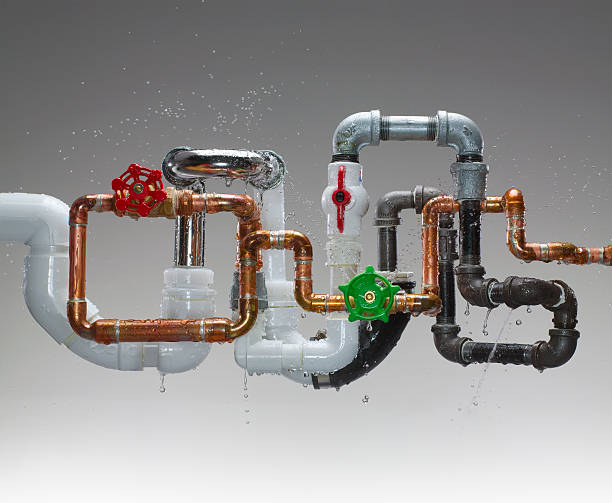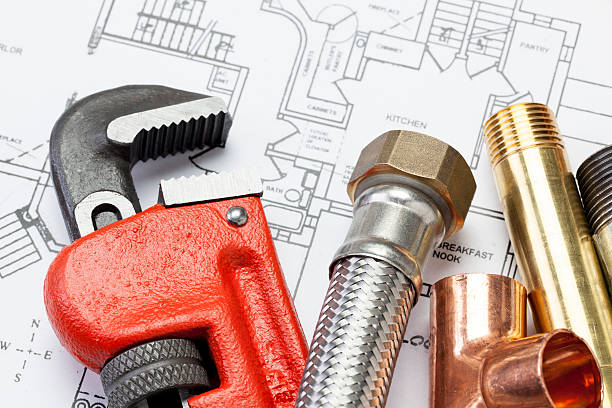
It’s easy to overlook the importance of pipe networks. They are seldom seen or thought about once they have been placed. However, this understates their significance, particularly when it comes to selecting the correct pipe system and design to assure excellence in mechanical, plumbing, fire protection, and other areas.
Pipes, to put it simply, are channels via which fluids in a system are confined and flow. Water, glycol solution, fuel oil, and refrigerant liquid are examples of fluids. A pipe system is a collection of pipes, fittings, couplings, valves, and supports.
On a typical project, there may be multiple pipe systems that are separated by disciplines such as civil (domestic water, rainwater, sanitary, industrial water, wastewater, etc. ); mechanical (chilled water, condenser water, hot water, steam, condensate, natural gas, fuel oil, etc. ); plumbing (domestic cold water, hot water, waste, vent, etc. ); and fire protection (domestic cold water, hot water, waste, vent, etc). (sprinkler water, compressed air, etc.). The importance of industrial pipe standards cannot be overstated. Every day, industrial HVAC systems should be completely functional and perform at their best. Pipes, on the other hand, may easily corrode in big commercial buildings and industrial facilities owing to corrosive chemicals or other circumstances. Corrosion will be kept to a minimum with regular checks and inspections. Pipes run more efficiently and effectively, and producers can rest easy knowing that they are secure from harm.
Regular Piping Checks Have Many Advantages
Steel pipe may last a long time if it is well-maintained and rebuilt when it is damaged. Even little negligence in major power facilities, such as oil refineries, may result in significant harm. The ramifications might be disastrous.
When testing and inspecting pipes, what should manufacturers keep in mind?
To be successful, thorough records must be maintained at all times. Technical manufacturers usually incorporate both offline and online checks as part of their maintenance procedures.
If the pipes exhibit any signs of chemical corrosion, the carbon steel components must be replaced right away with materials that are more corrosion resistant.
When steel pipes are insulated, corrosion may occur more quickly. Corrosion Under Insulation (CUI) is a very prevalent occurrence. We discovered that CUI and carelessness account for around 10% of total maintenance expenditures.
What to Expect from Nondestructive Testing (NDT)
Pipelines that are still in use are subjected to this sort of examination. A thorough examination will be carried out, with the goal of identifying the safety and structural components. The pipes are inspected for fatigue, corrosion, and poor manufacture during an NDT examination.
What is the difference between mechanical and environmental testing?
When industrial pipes have been subjected to natural or external influences, this form of examination is beneficial. Pipes in tough environments are more vulnerable to pressure and hazardous circumstances. The equipment utilised must be trustworthy, and it must be examined for standards on a regular basis. This may be done ahead of time to avoid danger and damage.
Because they reveal hidden faults in HVAC systems, industrial pipe testing will always be valuable. Manufacturers may put precautions in place or replace the pipes entirely if the danger and issue are identified.

